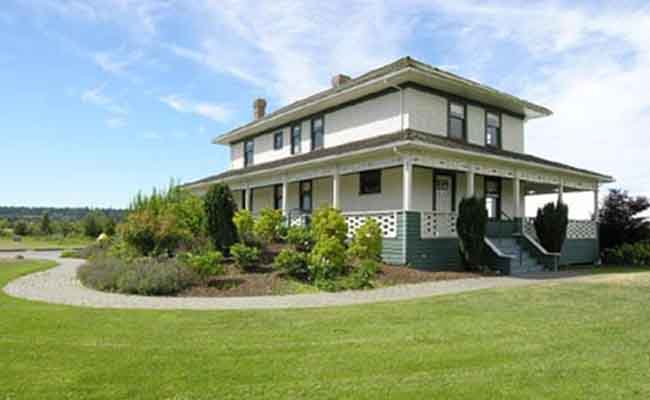Real Estate
Tips to Valuate a Real Estate Property

Establishing a realistic starting point when evaluating a property is crucial to presenting price consumers will be willing to pay for. Researching the economic state of your city or local area is a great way to provide a general overview on the current housing market. For example, if you were to buy property in Turkey (which is currently experiencing a strong housing market), the valuation of a property may perform better than if it was situated in a region with a less stable housing market.
An area’s housing market can also be influenced by certain points of interest in the neighborhood such as schools, shopping centers, parks, hospitals and so forth. Properties with easy access to these places are advantageous in their location. Even if a property’s value based on structure is less than expected, it may be further boosted by its desirable setting or location.
Analyze the differences in owned and rental properties
When performing research on your area’s housing market, it is important to consider the ratio between owned/rented listings. An abundance of available rental properties may indicate strong interest in that region, but may also result in prices dropping due to an over saturated market.
The opposite may also be true. A region with many available rentals may also indicate a lack of interest by potential tenants. Remember to analyze your findings thoroughly and draw a realistic conclusion based on the data you have collected.
Assess the building’s structure
The condition and age of a property greatly influences its overall value. When a property is valued, it will directly be inspected by the valuer, who will inspect the property’s condition, accessibility via vehicles, any faults or permanent infrastructure damage, general wear and tear and also, planning restrictions and local council zoning. A professional like Raleigh roofing will be a great asset with necessary repairs or upgrades discovered in the inspection.
Often, properties will have been renovated or expanded upon beyond their original construction. These factors greatly influence the property of a value as well.
Valuers will also assess the neighborhood and surrounding areas to dictate a reasonable price, this also crosses over into other factors such as the region’s general demographic and population.
Compare between similar properties

When valuing properties, it is valuable information to maintain records of similar houses you’ve previously (or currently) valuated. By contrasting and comparing all the different factors together, it is possible to value a property based on the result of how similar houses were valued. This information may be provided by property owners, who wish to remain informed on the housing market, or it may be researched by the valuer themselves.
It is also common for valuers to come across municipal or, council rates. This information includes a designated ‘site value’ or value of the land itself (this does not take into consideration improvements upon a property such as extensions or renovations).
Conclusion
The purpose of valuating a property is to provide a realistic monetary figure that can be advertised to potential buyers or tenants. A professional valuer will carefully review many aspects of your property and local area, in order to provide a realistic overview of what your house is worth.
Homeowners and consumers benefit from a valuer who is willing to research and thoroughly inspect the property’s they survey, as it provides an accurate value not just to the house itself, but the entire area too. A valuer who researches past, present and future market trends, compares similar properties and analyzes the surrounding area, prove vital to sustaining a healthy housing market.
by Kingman





